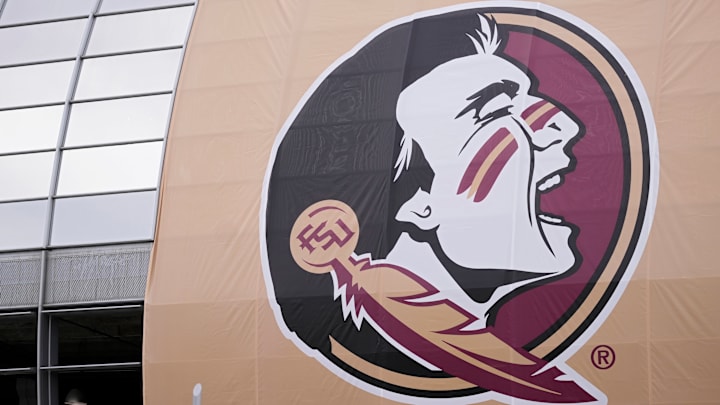The revenue-sharing era in college football officially began on July 1, with schools now legally able to pay student-athletes directly for their abilities thanks to the $2.8 billion House v. NCAA settlement. Some players already saw lump payments ahead of the official start date but now many others are facing multi-page contracts that their agents are raising concerns about.
Specifically, football players at Florida State are being asked to sign agreements with fine print that has been deemed "aggressive" by their agents.
"Since this is new and uncharted territory, they're trying to put in as many things as they can think of and protect that university and see what they get push back on and what they don't," NIL attorney Mit Winter told CBS Sports' Chris Hummer in June.
Florida State's revenue-sharing contracts could lock student-athletes into a raw deal
Reports indicate the Seminoles have included language in revenue-sharing contracts that give the school unilateral ability to extend such agreements with an athlete at the end of its term without negotiating with said athlete.
On top of that, another clause stipulates that an athlete would be in breach of contract if they were to suffer "illness or injury which is serious enough to affect the value of rights granted to the school." That's legalese for: The school can renegotiate or cancel the contract altogether if a player is rendered unable to perform due to injury (on-field or off) or sickness.
"Some of the concepts are pretty standard," an anonymous agent that represents a Florida State player told CBS Sports. "But FSU is going about this far more aggressively than any school I've seen. I'm disappointed by the adversarial nature of these contracts."
The most troubling reported aspect of the contracts is the ambiguous language that the school wrote, which could limit an athlete's right to counsel during future negotiations. Other football programs have not appeared to take such steep measures, with some from outside conferences responding to reports with shock.
"That's not normal," a Big Ten general manager told CBS Sports.
"I do understand they have all the leverage, but f--k," another from the Big 12 said.
Florida State provided a statement to CBS Sports responding to questions surrounding the contract language:
"As we enter into a new age of collegiate athletics, Florida State has put together an agreement that provides deliverables and expectations for all parties. Each individual situation will be unique and the hypotheticals are impossible to predict. However, we are committed to continuing to provide an elite experience for our student-athletes in all aspects of their collegiate career. Florida State is looking forward to the mutually beneficial partnerships with our student-athletes in this new era."
Not every Seminole player had received a contract, nor had they all signed at the time of Hummer's reporting, so there may still be time for amendments to be made in the athletes' favor.
